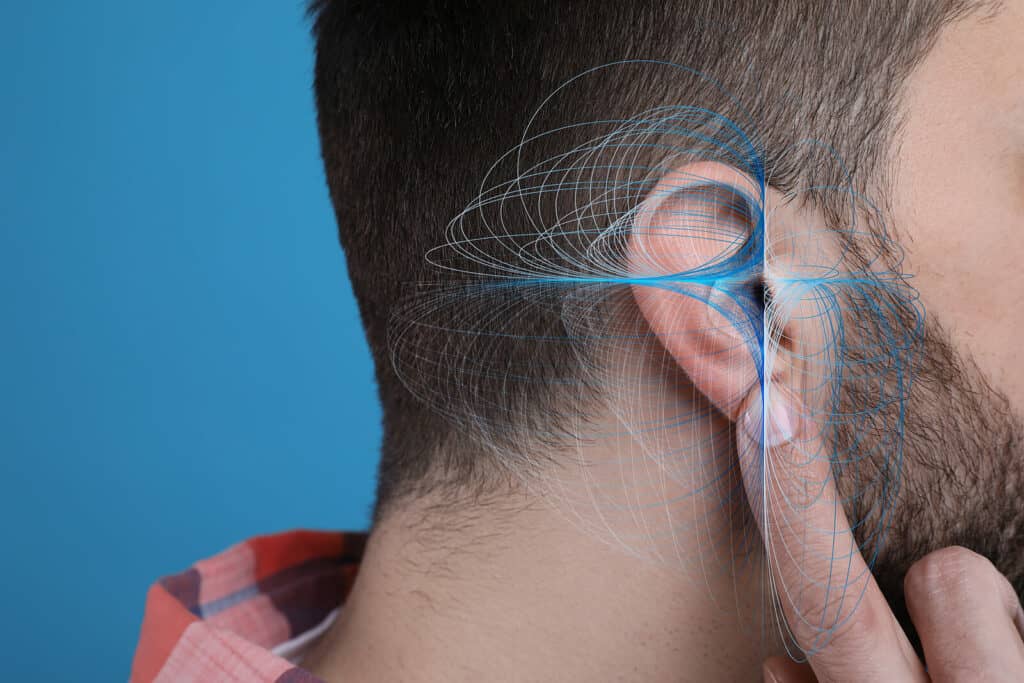As we age, our bodies go through numerous changes, including changes to our hearing and vision. However, for some individuals, hearing loss may be a result of underlying health conditions, such as diabetes. In this blog post, we explore the link between hearing loss and diabetes, its causes, and prevention and management strategies.
Hearing Loss and Diabetes
Hearing loss is a common condition that affects millions of people worldwide. It is estimated that around 466 million people worldwide have some form of hearing loss, with this number expected to rise to over 900 million by 2050. There are three types of hearing loss: conductive, sensorineural, and mixed. While conductive hearing loss is usually temporary and caused by blockages in the ear canal or middle ear, sensorineural hearing loss is often permanent and caused by damage to the inner ear or nerve pathways.
Diabetes is a chronic condition that affects the way our bodies process glucose, leading to high blood sugar levels. Over time, high blood sugar levels can damage blood vessels and nerves, including those that control hearing. Studies have found that people with diabetes are twice as likely to experience hearing loss as those without diabetes.
Studies find link between Hearing Loss and Diabetes
A 2021 study conducted in Saudi Arabia looked at 157 adults between the ages of 30 and 60 who have type 2 diabetes. The participants received clinical ear examinations and a full audiological evaluation. The results showed that over 60% of these individuals experienced some degree of hearing loss, with 50% having moderate-to-severe hearing loss. These findings demonstrate the significance of conducting hearing assessments for individuals with type 2 diabetes.
A study conducted in South Korea in 2017 found that individuals with diabetes have a moderately increased risk of future hearing loss. The study followed a large group of young and middle-aged men and women with diabetes for a median of four years, during which 2,817 participants developed hearing loss. The study found that the rate of hearing loss was significantly higher in individuals with diabetes compared to those with normal glucose levels or pre-diabetes. In fact, the rate of hearing loss was 1.8 per 1000 person-years for individuals with normal glucose levels, 3.1 for those with pre-diabetes, and 9.2 for those with diabetes. The study also found that the risk of incident hearing loss increased progressively with HbA1c levels above 5%. HbA1c is a test that measures blood sugar levels over a period of three months, and levels above 5% are considered to be an indication of poor glucose control.
Understanding the Link
While the link between diabetes and hearing loss is still not fully understood, researchers believe that the high blood sugar levels associated with diabetes may damage the blood vessels and nerves in the inner ear, leading to hearing loss. Additionally, diabetes may also lead to inflammation and oxidative stress, which can further contribute to hearing loss.
Research has also found that individuals with diabetes are more likely to experience high-frequency hearing loss, which affects the ability to hear sounds such as birds chirping, children’s voices, and certain consonants. This type of hearing loss can make it difficult to understand speech, particularly in noisy environments.
Prevention and Management
Fortunately, there are steps that individuals with diabetes can take to prevent or manage hearing loss. One of the most important is to keep blood sugar levels under control through a healthy diet, regular exercise, and medications as prescribed by a doctor. Additionally, regular hearing screenings can help detect any changes in hearing early, allowing for early treatment and management.
For individuals with hearing loss, hearing aids can be an effective way to manage the condition and improve communication. Advances in technology have led to the development of hearing aids that are more discreet, comfortable, and effective than ever before. Additionally, cochlear implants may be an option for individuals with severe hearing loss.
At our hearing practice, we understand the importance of maintaining good hearing health, particularly for individuals with diabetes. Our team of experienced audiologists can provide comprehensive hearing evaluations and recommend appropriate treatment options, including hearing aids and cochlear implants. Contact us today to schedule a hearing evaluation and take the first step towards improving your hearing health.





